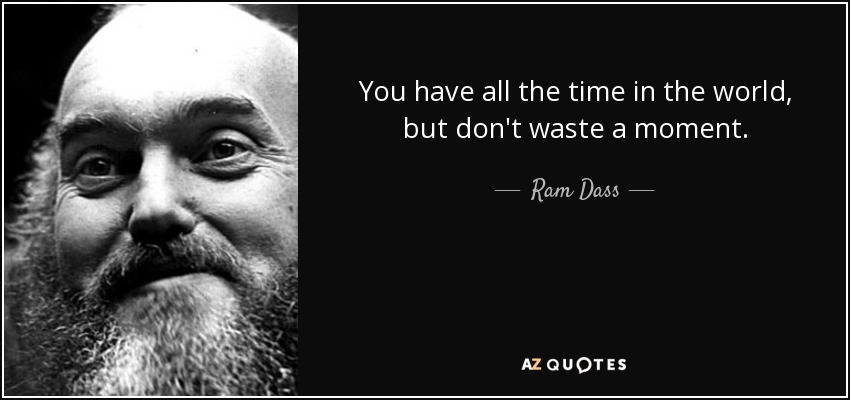Is it becoming illegal to support Palestine?
Last week, [America] watched one of the biggest escalations in campus unrest this year unfold, when dozens of New York City police officers clad in riot gear entered the grounds of Columbia University and, on the orders of university president Minouche Shafik, arrested more than 108 student protesters who had built a “Gaza Solidarity Encampment” on campus. The students are calling for the school to divest from companies and organizations with ties to Israel amid the ongoing war in Gaza. NYPD Chief of Patrol John Chell later described the arrested students as “peaceful.”
These campus crackdowns have gone hand in hand with a long history of US student activism for Palestine that began even before Israel’s founding in 1948. Pro-Israel groups and students have doxxed and surveilled student activists, the media has sometimes mischaracterized their demonstrations, and administrators and law enforcement have punished the students with probations and suspensions or long legal fights and threats of jail time.
Arab medical students and doctors in the US formed the Palestine Anti-Zionism Society (later known as the Palestine National League and then the Arab National League) as early as 1917 to protest the Balfour Declaration, the British government’s statement that called for the establishment of a “national home for the Jewish people’’ in Palestine. The group published 1921’s “The Case Against Zionism” text and testified before Congress against the establishment of a Zionist state. The students also battled the negative depictions of Arabs that were spreading across the country alongside the Zionist movement. More than 100 years ago, two members of the group told Congress what pro-Palestinian students across America are saying today: “Palestinians are not as backward as the Zionists portray them. They are entitled to a chance to build their own homeland…”
“Palestine liberation organizing was very much a part of the anti-establishment, antiwar counterculture of the 1960s,” author and journalist Nora Barrows-Friedman wrote in the 2014 book In Our Power: U.S. Students Organize for Justice in Palestine. The 1967 war between Israel and its neighbors brought a new wave of uprooted Palestinians who couldn’t return home, students who were “politically conscious” and wanted to maintain their Palestinian identity, according to Abdulhadi.
Since October 7, some campus SJP chapters have been banned or suspended by administrators who say their demonstrations, slogans, and protest chants violated school policies. For example, George Washington University’s president suspended the school’s SJP chapter after students projected slogans including “Divestment from Zionist genocide now,” “Glory to our martyrs,” and “Free Palestine from the river to the sea,” on the side of the library. The president called some of the phrases antisemitic, though students and activists say the slogans call for Palestinian liberation.
But SJP found stronger direction in its divestment and “right of return” campaigns. When a vast coalition of pro-Palestine groups announced an official movement in 2005 to boycott, divest from, and sanction Israel, or BDS, the group at Berkeley focused on pushing for the right of Palestinian refugees to return home and the need for Israel to comply with international law. “Historically, SJP was very dynamic because of its diversity. It wasn’t a Palestinian student organization or an Arab or Muslim one,” said William Youmans, an associate professor of media and public affairs at George Washington University who helped resuscitate UC Berkeley’s SJP chapter in 2000 and started Law Students for Justice in Palestine at Berkeley’s law school. Youmans spoke with Vox last fall as protests erupted on campuses.
As students organized, they faced counterprotests from pro-Israel student groups, backlash, and shifting rules from university administrators, and have been subjected to death threats, legal fights, and surveillance, doxxing, and targeting by pro-Israel organizations. The crackdown on student organizing after 2000 coincided with the George W. Bush administration’s “war on terror” following the 9/11 terrorist attacks, which included the passage of the Patriot Act that made it easier for the government to carry out domestic surveillance that often targeted Muslim communities.
When SJP members at Boston University planned the school’s first Israeli Apartheid Week, BU Students for Israel formed “Israel Peace Week” and scheduled it for the week before. When students planned a Right of Return Conference there in 2013, a student reported that the conference “received a lot of pushback from Zionists who called the administration in an effort to stop the conference from happening.”
Vox.com


:format(webp):no_upscale()/cdn.vox-cdn.com/uploads/chorus_asset/file/25414671/GettyImages_2148019197.jpg)
